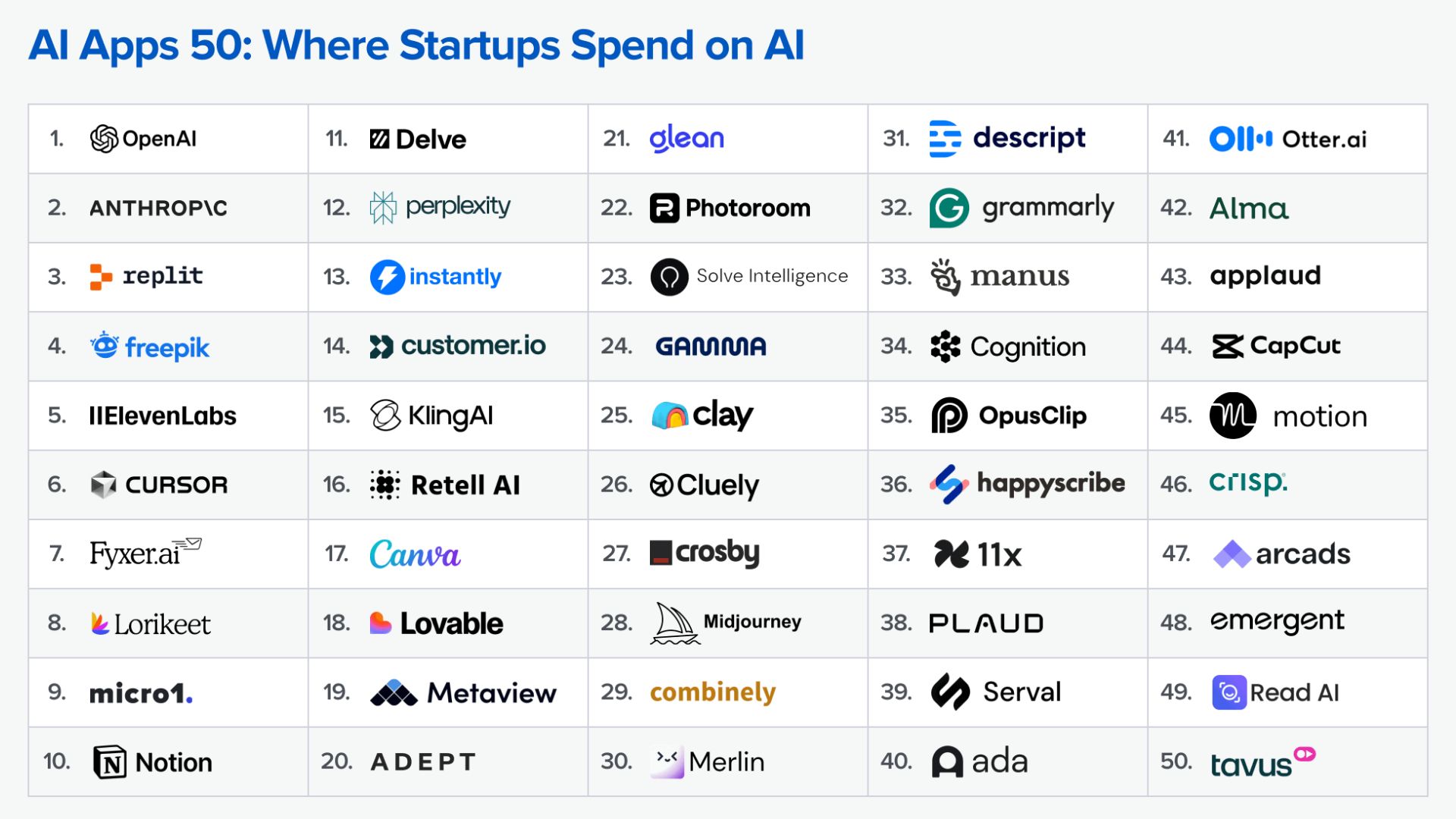- Simplifying AI
- Posts
- 🤖 AI Weekly Recap (Week 40)
🤖 AI Weekly Recap (Week 40)
This week’s top AI news, breakthroughs, and game-changing updates

Good morning, AI enthusiast. AI just had another wild week. OpenAI launched Sora 2 and the Sora app, letting users generate realistic short-form videos and drop themselves into scenes, while, Anthropic released Claude Sonnet 4.5, a model that can autonomously build apps and run security audits.
Plus: The most important news and breakthroughs in AI this week.


OpenAI has launched Sora 2, its upgraded video + audio generator, alongside the invite-only Sora app, a TikTok-style platform where users can generate realistic short-form videos and appear in them using a one-time video/audio upload.
→ Realistic motion: Objects follow physics, avoiding AI glitches like teleporting balls
→ Cameos: Users can share their likeness for collaborative or group video generation
→ Personalized feed: Curated via activity, location, and ChatGPT history (optional)
→ Parental controls: Manage scrolling, recommendations, and messaging access
🧰 Who is This Useful For:
Creators experimenting with AI-driven short videos
Founders exploring AI’s move into social platforms
Marketers testing new storytelling formats
Parents and educators tracking AI’s influence on youth media
Try it now → https://sora.chatgpt.com/


DeepSeek has unveiled V3.2-exp, an experimental model introducing Sparse Attention, a new system that dramatically reduces inference costs for long-context operations. Early tests suggest API calls could cost up to 50% less compared to previous models.
→ Sparse Attention: Uses a “lightning indexer” to prioritize key excerpts from context
→ Fine-grained token selection: Loads only the most relevant tokens into attention windows
→ Lower inference load: Cuts server costs for long-context AI tasks
→ Open release: Available on Hugging Face with full academic paper on GitHub
🧰 Who is This Useful For:
Developers building long-context LLM applications
Researchers optimizing transformer architectures
Startups seeking cost-efficient AI APIs
Enterprises managing large-scale inference workloads
Try it now → https://huggingface.co/deepseek-ai/DeepSeek-V3.2-Exp


Anthropic has released Claude Sonnet 4.5, its newest frontier model built for production-grade AI applications. The model is live on the Claude API and chatbot, with pricing unchanged from Sonnet 4, $3 per million input tokens, $15 per million output tokens.
→ Industry-leading results on coding benchmarks like SWE-Bench Verified
→ Can autonomously build apps, deploy databases, buy domains & run security audits
→ Reduced sycophancy and deception; stronger defense against prompt injections
→ Claude Agent SDK launched for developers to build custom AI agents
🧰 Who is This Useful For:
Developers building autonomous AI systems
Enterprises deploying secure, production-ready AI apps
Researchers studying alignment and robustness in large models
Founders exploring AI agents for workflow automation
Try it now → https://claude.ai/


Zai has released GLM-4.6, its new flagship model built for advanced reasoning, long-context processing, and agentic coding. The model supports up to 200K tokens and integrates with Claude Code and other developer tools, directly competing with Anthropic and OpenAI.
→ Near-parity with Claude Sonnet 4 on real-world development benchmarks
→ 15% more token-efficient than GLM-4.5, completing tasks faster and cheaper
→ Expanded long-context capabilities for large-scale coding and reasoning
→ Enhanced performance in search, writing, and multi-agent applications
→ Available via API, chat, and open weights on Hugging Face
🧰 Who is This Useful For:
Developers working on agentic coding and reasoning systems
AI startups building with large-context models
Researchers exploring efficiency and multi-agent collaboration
Enterprises scaling in-house AI assistants or copilots
Try it now → https://chat.z.ai/


Thinking Machines Lab, founded by ex-OpenAI CTO Mira Murati and leading AI researchers, has unveiled Tinker, an API that lets developers customize frontier models without managing complex infrastructure.
→ Supports both supervised and reinforcement learning fine-tuning
→ Works with major models like Meta’s Llama and Alibaba’s Qwen
→ Enables domain-specific adaptation for math, chemistry, and scientific research
→ Early users include Princeton, Stanford, and Berkeley
→ Free early access now open; paid tiers coming soon
🧰 Who is This Useful For:
Researchers building domain-specific AI systems
Developers fine-tuning existing models for custom use cases
Startups seeking affordable, scalable AI infrastructure
Educators exploring AI in research and academia
Learn More → https://thinkingmachines.ai/blog/announcing-tinker/


Andreessen Horowitz analyzed fintech startup Mercury’s 200,000+ customers to reveal which AI tools are actually generating revenue.
→ Top spenders: OpenAI (#1) and Anthropic (#2)
→ General assistants: Perplexity (#12) and Merlin AI (#30) remain in demand
→ Vibe coding tools: Replit, Cursor, Lovable, and Emergent show enterprise adoption beyond consumers
→ Creative tools dominate: Freepik (#4), ElevenLabs (#5), Kling (#15), Canva (#17)
→ Other categories: Meeting assistants, industry-specific AI employees, and agentic tools
🧰 Who is This Useful For:
Founders prioritizing AI tools for startup budgets
Investors tracking real revenue-generating AI startups
Product teams exploring enterprise-ready AI solutions
Researchers studying adoption trends in AI across sectors


OpenAI has launched Instant Checkout in ChatGPT, allowing users to buy products directly in chat. Initially live for US shoppers on Etsy, support for Shopify merchants like Glossier, Vuori, Spanx, and SKIMS is coming soon.
→ Agentic Commerce Protocol (ACP): Open standard co-developed with Stripe for AI-powered commerce
→ Flexible support: Works with any backend, physical/digital goods, subscriptions, multi-merchant carts, and in-store pickup
→ AI-managed transactions: Agents securely handle purchases while businesses maintain control
→ Open source: Released under Apache 2.0 license
🧰 Who is This Useful For:
E-commerce businesses integrating AI-driven sales
Startups experimenting with conversational commerce
Developers building AI agents for secure transactions
Consumers seeking seamless AI-assisted shopping
Try it Now → https://chatgpt.com/


Google DeepMind has unveiled Dreamer 4, a world-model agent that masters complex tasks like Minecraft entirely from offline data, performing 20k+ actions without interacting with the real game.
→ Offline imagination training: Learns from offline datasets, ideal for robotics and environments where live interaction is impractical
→ Scalable world model: Predicts complex object interactions and trains multi-task agents entirely in simulation
→ Real-time inference: Runs on a single GPU while outperforming prior world models
→ First to mine diamonds in Minecraft purely through its predictive model
🧰 Who is this useful for:
Robotics researchers training agents without live trials
AI developers exploring world-model-based reinforcement learning
Game AI researchers studying multi-task agents
Engineers testing offline training for real-world automation
Learn More → https://danijar.com/project/dreamer4/

That's it! See you tomorrow
- Dr. Alvaro Cintas
